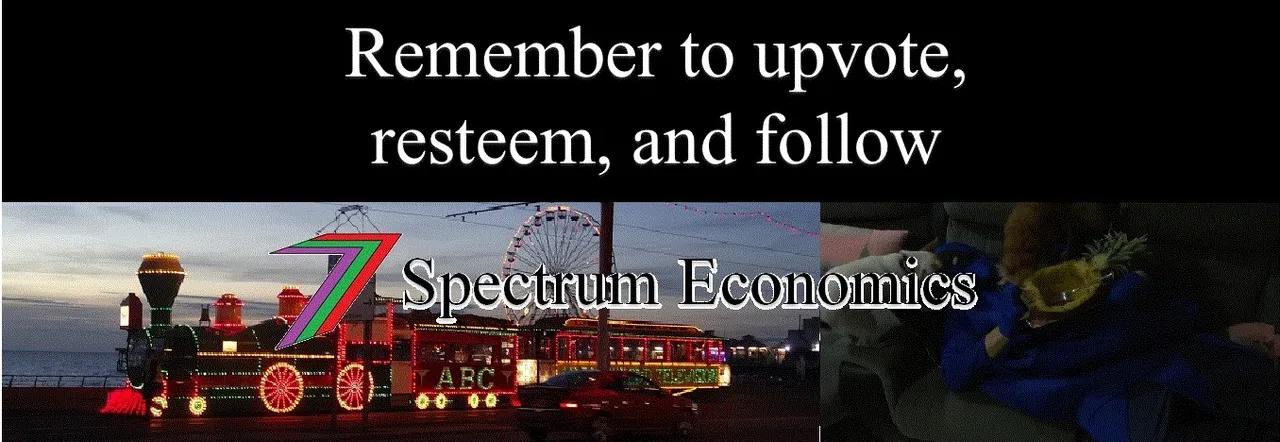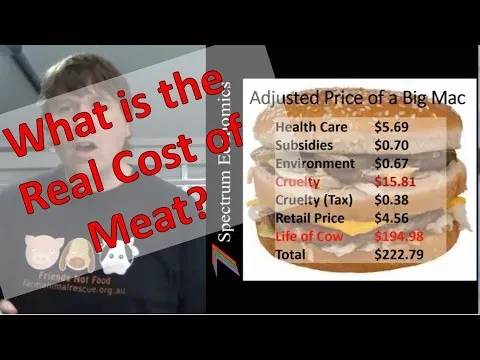Hello Steemians,
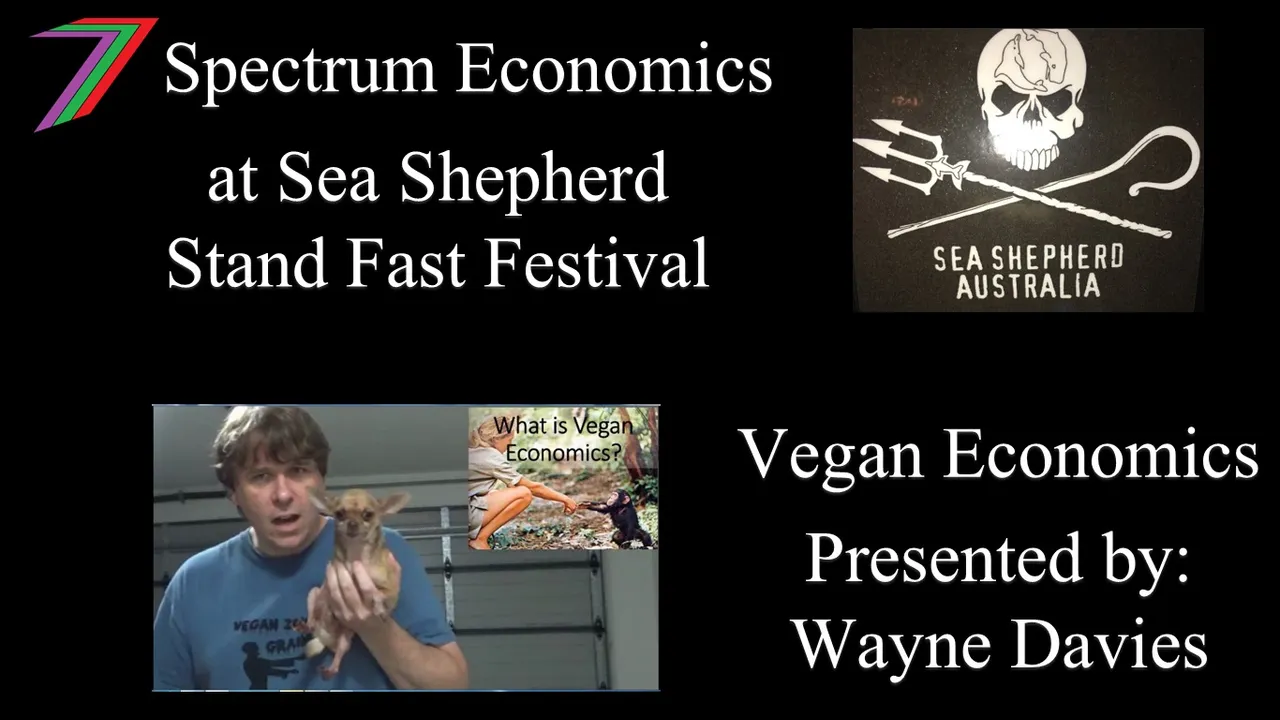
My sister Gemma Winchester was invited to speak and prepare food at the Sea Shepherd Stand Fast Festival in Brisbane on Saturday 7 October 2017. She was allotted a 30 minute slot to present. She was gracious enough to give me 10 minutes of her time to talk about what I like to call ‘Vegan Economics’. Vegan Economics is also the working title of the book I am currently working on.
Before I talk about my short presentation at the event. I would like to thank Sea Shepherd for putting on such a successful event. I have never been to a festival with such a wide choice of Vegan food. We were also lucky that the rain held off and did not flood the field.
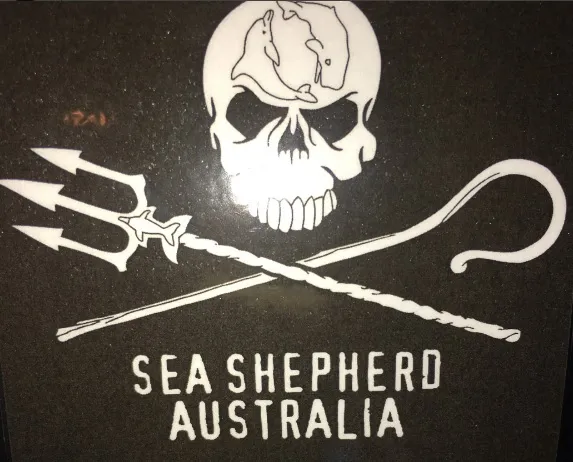
Before I presented my talk, my sister went up and gave a brief talk about ‘Monkey’ our three-legged rescue dog. You can find his story on my sister’s Youtube channel, in the video in the link below:
After her talk about ‘Monkey’, she prepared Peanut Butter Protein Balls with a volunteer from the audience. I helped dish out the balls to a very receptive audience; people always like something for free. Comments and feedback from the audience was very positive. My sister obviously knows how to make a good Peanut Butter Protein Ball.
Vegan Economics Talk
So it was my turn now to give a very brief introduction to ‘Vegan Economics’.
What is Vegan Economics?
Vegan Economics is a term I have come up with to describe a different approach to economics that expands beyond our perceptions as human beings but to include the perceptions of all sentient beings. Economics is almost entirely focused on the world from the perspective of humans. Economics is typically focused around subject matter relating to money, income, consumerism, and efficiency. Over time there has been a gradual shift in focus of economics towards wellbeing, happiness and the understanding of human behaviour but is not acknowledged as typical mainstream economics. A non-human perspective has not, to the best of my knowledge, ever been considered as a part of economic thought or analysis.
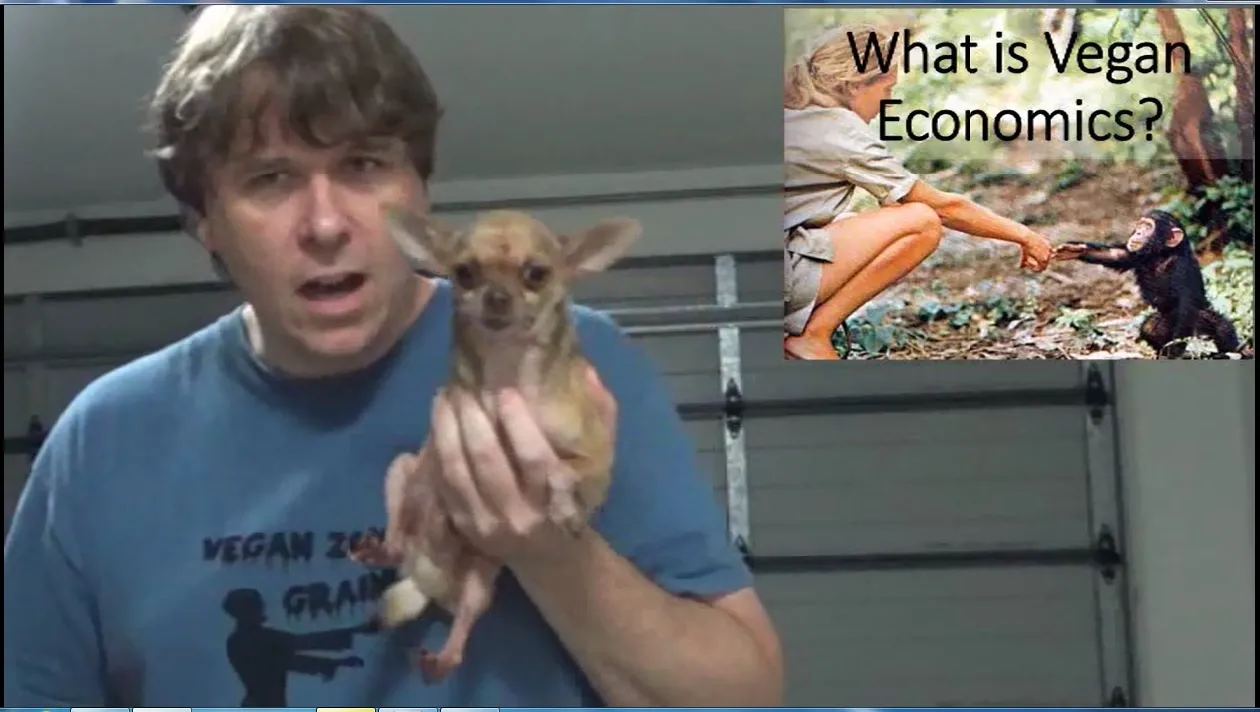
What did I talk about?
I came up to the microphone with ‘Monkey’ in my hand. I held him throughout the whole talk as people did not have a clear view of him during the food preparation demonstration. Monkey is also great at getting the crowds’ attention.
I began my short talk by outlining the economic concept of efficiency. Efficiency can be great when the exploitation of people or animals is not taking place. Efficiency results in lower cost and sometimes better quality products. The application of efficiency to the meat and dairy industries is not such a good thing.
Efficiency results in animals being crowded into small spaces, being fed low quality food, being pumped with hormones so that they grow much faster and much bigger. These poor animals are cramped living in their own fifth. They grow so big that their bones break and they become deformed. In the dairy industry calves are pulled from their mothers at birth and sent to slaughter. In the egg industry male chicks are killed brutally in some form of grinder. All of this is done to improve efficiency of output.
Why is efficiency so important?
Greater efficiency means greater profits for companies. Efficiency means more meat produced, or more eggs produced, or more milk produced; all at a lower cost. More output means more revenue and higher profits. Lower cost also results in higher profits. On top of savings from efficiency, the meat and dairy industries are heavily subsidized, which also brings down the cost of production and results in higher profits.
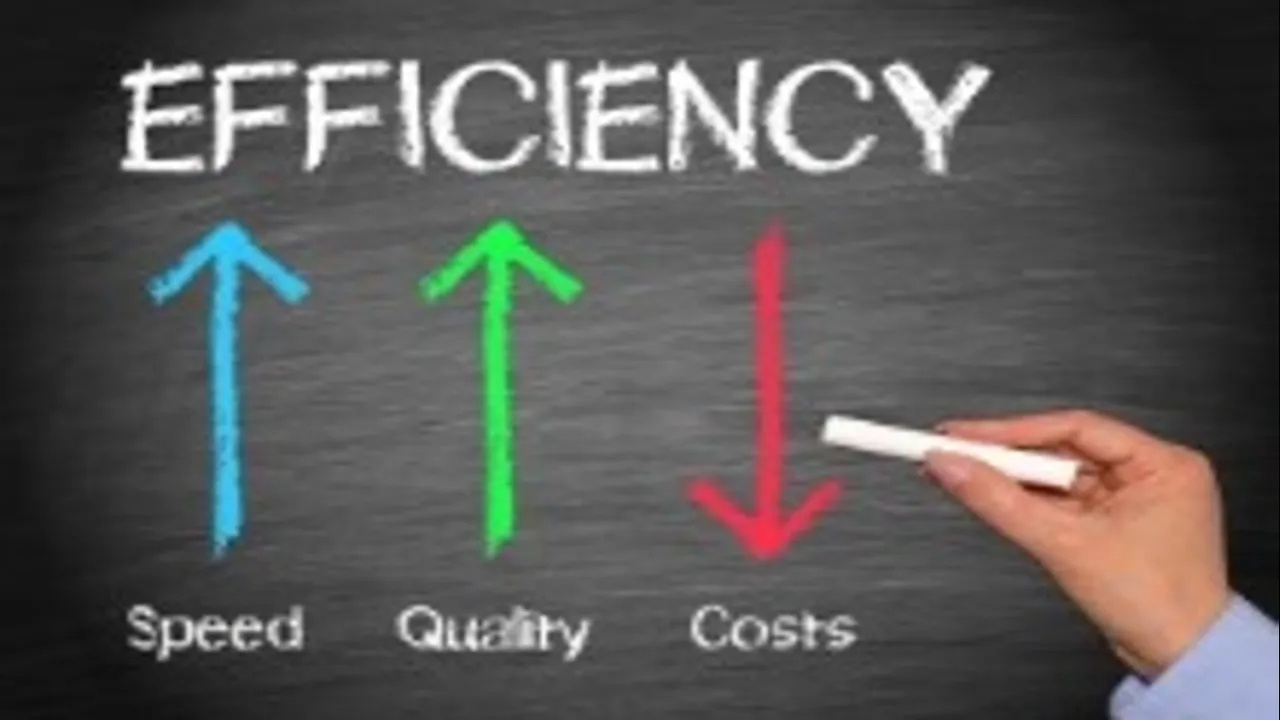
Source: http://www.juku.it/
What other issues are there?
The meat and dairy industries also do not help the environment.
Water Pollution
A farm with 2,500 dairy cows produces the same amount of waste as a city of 411,000 people (Environmental Protection Agency, 2004).
Air Pollution
Animal agriculture is responsible for 18% of greenhouse gas emissions. This is more than the combined exhaust from all transportation (FAO.org).
Water and Food Consumption
It takes 2,400 gallons of water to produce 1 pound of meat. It takes 25 gallons of water to produce 1 pound of wheat. Meat requires 96 times more water than wheat. Cattle raised for beef require 45kg to 70kg of food a day (The Beef Site, 2012).
Land
Livestock or livestock feed occupies 1/3 of the earth’s ice-free land (Cowspiracy).
Cancer and Other Disease
It is not just the environment that suffers. People suffer as well. Cancer Research UK has identified strong connections between meat consumption and various forms of cancer.
Putting a Value on Cruelty
Can we really put a value on cruelty? Meatonomics has attempted to put a value on cruelty, the environment, as well as our health. They calculated the cost of a Big Mac if all other external costs were included. They came up with a cost of about US$12. Meatonomics only included costs from a human perspective but even these costs have almost tripled the cost of the Big Mac.
Vegan Economics attempts to go one step further by incorporating cost from the perspective of the animal’s that suffer. A significant amount of research has gone into determining the value of human life. I intend to use this research to help me calculate the cost of an animal’s life using the value of human life as a base. I have done some initial work using the encephalization quotient, which is basically an estimate of an animal’s intelligence using the animal’s weight and brain size. The encephalization quotient is quite heavily criticized but at the moment might be the most accurate predictor of intelligence.
I am quite conflicted by this approach as it seems rather crude to put a dollar value on any life but at the same time it demonstrates the extent of the great cost of consuming animal products. This is now going beyond what I talked about at Stand Fast Festival.
For more information on this approach check out my video at:
Who is really benefiting from the production of Meat and Dairy?
This is a question we should always go back to. Obviously, the meat and dairy industries benefit. Governments benefit as campaigns are often sponsored and some candidates have direct links to the meat and dairy industries. The Pharmaceutical industries benefit from all the people getting sick from eating meat and dairy. The Government again benefit as they can now ask for more money to treat people who are sick, i.e. use tax payer’s money to build more hospitals.
Conclusion
This takes me to the end of the summary of my talk at Sea Shepherd Stand Fast. If you want to watch the video of the talk, just click the link below.
Thank you for watching my video and reading my post. I will have many more videos and posts to come regarding ‘Vegan Economics’ and other topics of a similar nature. I would also like to thank my sister again for surrendering 10 minutes of her time slot. My sister also has a Steemit page, this page can be found at: https://steemit.com/@vegoutt-travel.
Please check out her page if you are interested in travel. She has many very interesting posts that contain some really amazing photos as well as some very humorous write ups and descriptions of activities and places.
For more information on ‘Vegan Economics’, you can use the following links.
The Vegan Economics Playlist is available using the link below:
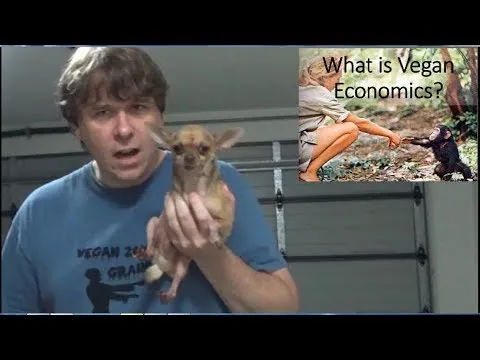
To find out more about Meatonomics approach go to:
https://meatonomics.com/
The official Spectrum Economics website can be accessed at: https://www.spectrumecons.com
For more exciting videos go to my YouTube channel at: https://www.youtube.com/channel/UCILwyLtjl7ZTlYOqFkAwLzw
You can find me on LinkedIn at: https://www.linkedin.com/in/waynedavies-spectrumecons/
You can find me on Facebook at: https://www.facebook.com/SpectrumEconomics/
You can find me on Steemit at: https://steemit.com/@spectrumecons
